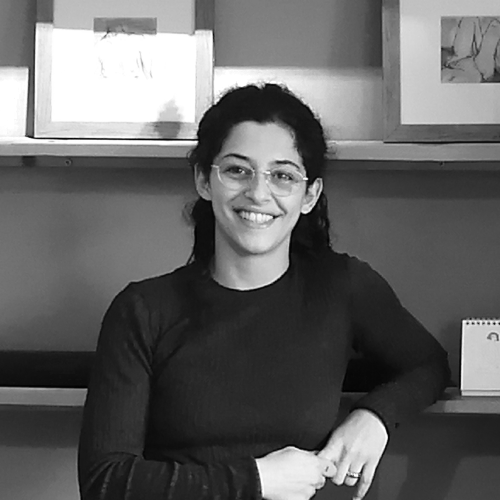We have to carry on
Haven for Artists is a nonprofit organization that works at the intersection of art and activism, combining creative and humanitarian methods to facilitate a safe space for the exchange of information, tools, and skills in order to create a better world. Arleb by Nabad talked with Dayna Ash, cultural and social activist, playwright, performance poet, and the Founder & Executive Director of Haven for Artists.
ARLEB – Can you tell us more about Haven for Artists?
Dayna Ash – It’s an all-inclusive arts organization (NGO) based in Beirut, Lebanon. HFA was founded in 2011, by a group of LBTQI artists and activists. Beginning with large events hosted to promote local and regional artists. HFA has produced annual exhibitions with international, regional, and local artists; held regular workshops on many artistic mediums; and renovated two heritage houses in Beirut which acted as a safe space and shelter for LBTQI and women’s community. HFA extended its network, skills, and tools to work on numerous campaigns for human rights. It provides a platform and network for talented creatives not found elsewhere in the region while extending the reach of art and activism through workshops, public discussions, and events.
ARLEB – What about Heaven for Artists activities?
Dayna Ash – We host and produce regular visual exhibitions, festivals, concerts and artistic gatherings, roundtables, workshops and creative forums, as well as the artistic aspects of humanitarian campaigns and events.
ARLEB – What is, according to you, the impact of the Beirut port blasts, the socio-economic crisis, and the pandemic crisis in Lebanon on local arts and culture, on arts NGOs, and creative enterprises?
Dayna Ash – Haven for Artist’s current programs were adapted due to the COVID-19 pandemic, focusing on providing an online safe space and catering to the well-being of LGBTQIA+ persons and women in the Middle East and North Africa. LGBTQI persons and the women’s community experience a disproportionate degree of depression, anxiety and other mental health issues. During times of social isolation, many LGBTQIA+ persons live either in isolation or in spaces not accepting of their gender identity or sexuality, only intensifying isolation and mental health complications. There is a growing group of vulnerable LGBTQIA+ people in Lebanon who have to return to family homes, or to rely on families who do not support them as an LGBTQIA+ person. This move towards dependence on family is driven by the loss of financial independence and the restricted environment.
ARLEB – How do you think Lebanese artists will or should face this multiform crisis, and what are the new challenges that are ahead of them?
Dayna Ash – There is an array of challenges but the most difficult seems to be access to production capacity and implementation. Artists and art practitioners are currently stifled as most equipment, tools and softwares are paid in a currency they do not have access to.
ARLEB – What are, according to you, the mid-term and long-term solutions to this crisis?
Dayna Ash – The mid-term solutions are solidarity and collaboration to elevate a portion of the compounded pressure. The long-term solutions are solidarity, boycotts, and resistance.
ARLEB – What kind of support according to you is needed for artists, arts NGOs and creative enterprises to sustain and pursue their work in Lebanon?
Dayna Ash – Financial capacity and freedom of expression have been stifled, muffled and unjustly silenced. Therefore, it is the main point of resistance to ensure sustainability.
ARLEB – What specific roles do arts and culture play in cultural resistance/resilience in Lebanon?
Dayna Ash – HFA believes that art is uniquely able to explain complex issues in an accessible way to a diverse audience in a non-confrontational manner. To this end, HFA connects talented arts from the Middle East with advocacy groups, activists, and NGOs striving to further human rights, particularly concerning LBTQI persons and women.
ARLEB – What is Haven for Artists’ outlook for the future? Where do you think we are heading regarding developments in art, politics, and cultural resistance/resilience?
Dayna Ash – The intersection of art and activism is covering a wider range and is becoming harder to ignore. The personal is political.
ARLEB – Finally, what is your message to the emerging and marginalized artists in Lebanon?
Dayna Ash – Even if change seems impossible, even if the fight is tiring, even if the situation is hopeless, it is our role and responsibility to carry on, to persist, to win.
*Check out Haven for Artists street exhibition in Beirut starting February 2021, with the support of Nabad.

